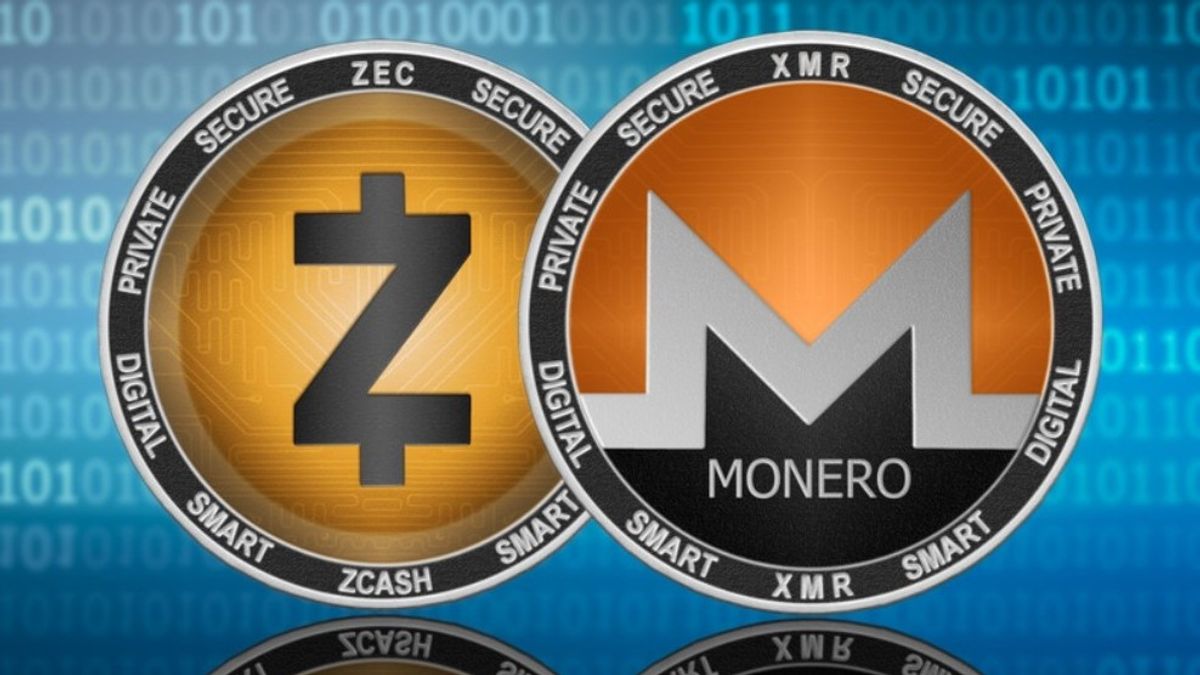JAKARTA - The Dubai Virtual Asset Regulatory Authority (VARA) bans any activity involving privacy currencies such as Monero (XMR) and Zcash (ZEC). The regulator is also implementing several rules on the domestic cryptocurrency sector to make the city an “international hub for virtual assets”.
According to recently released documents, operations with privacy-enhancing digital assets such as XMR and ZEC are now prohibited in the United Arab Emirates' financial heartland, Dubai. The local watchdog also stipulates the authorization requirements that crypto companies need to pass before appearing in the region.
The most basic principles include anti-money laundering obligations, marketing protocols, prevention of insider trading, and paying attention to whether asset classes are used in criminal activities. Angela Ang, Senior Policy Advisor at blockchain intelligence firm TRM Labs, comments:
"Any obfuscation of cash flows poses challenges in detecting unauthorized activity, so it's no surprise that regulators react strongly to such asset classes and mechanisms."
Information only, Obfuscation, is a term used to describe the process of making code or information so that it is more difficult for others to digest. The goal is to increase security and prevent unauthorized access to that information.
In the world of programming, for example, obfuscation can involve obfuscating variable and function names, messing up program control flows, and changing code so that the end result is difficult to translate back to the original code.
Obfuscation techniques are also used in the field of cryptography and data security, to hide confidential information. Thus, obfuscation plays an important role in maintaining the privacy and protecting important information.
SEE ALSO:
The updated rules aim to provide maximum security for local consumers and establish Dubai as a global hub of blockchain technology. The regulator previously granted temporary licenses to Binance and Crypto.com to provide services in the area, while FTX was allowed to establish regional headquarters.
According to a CryptoPotato report, the largest airline company in the United Arab Emirates, Emirates Airline, has shown an intention to accept bitcoin as a means of payment and use blockchain technology to track aircraft records.
Another example of Dubai's pro-crypto stance is the luxurious five-star Palazzo Versace Dubai hotel. It allows customers to pay for accommodation, spa services, and meals in digital currency. Supported assets are Bitcoin (BTC), Ether (ETH), and Binance Coin (BNB).
Not only Dubai, but Japanese authorities also banned the use of privacy currencies such as Monero (XMR), Zcash (ZEC), and Dash (DASH) in 2018 out of concern that wrongdoers would use the tokens in unauthorized operations. Some of the leading exchanges have also removed these assets from their platforms. Bittrex did in early 2021. Then Huobi suspended trading of private cryptocurrencies including XMR and ZEC in September 2022.
The English, Chinese, Japanese, Arabic, and French versions are automatically generated by the AI. So there may still be inaccuracies in translating, please always see Indonesian as our main language. (system supported by DigitalSiber.id)
















